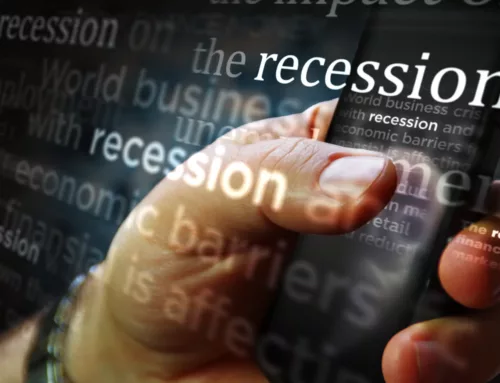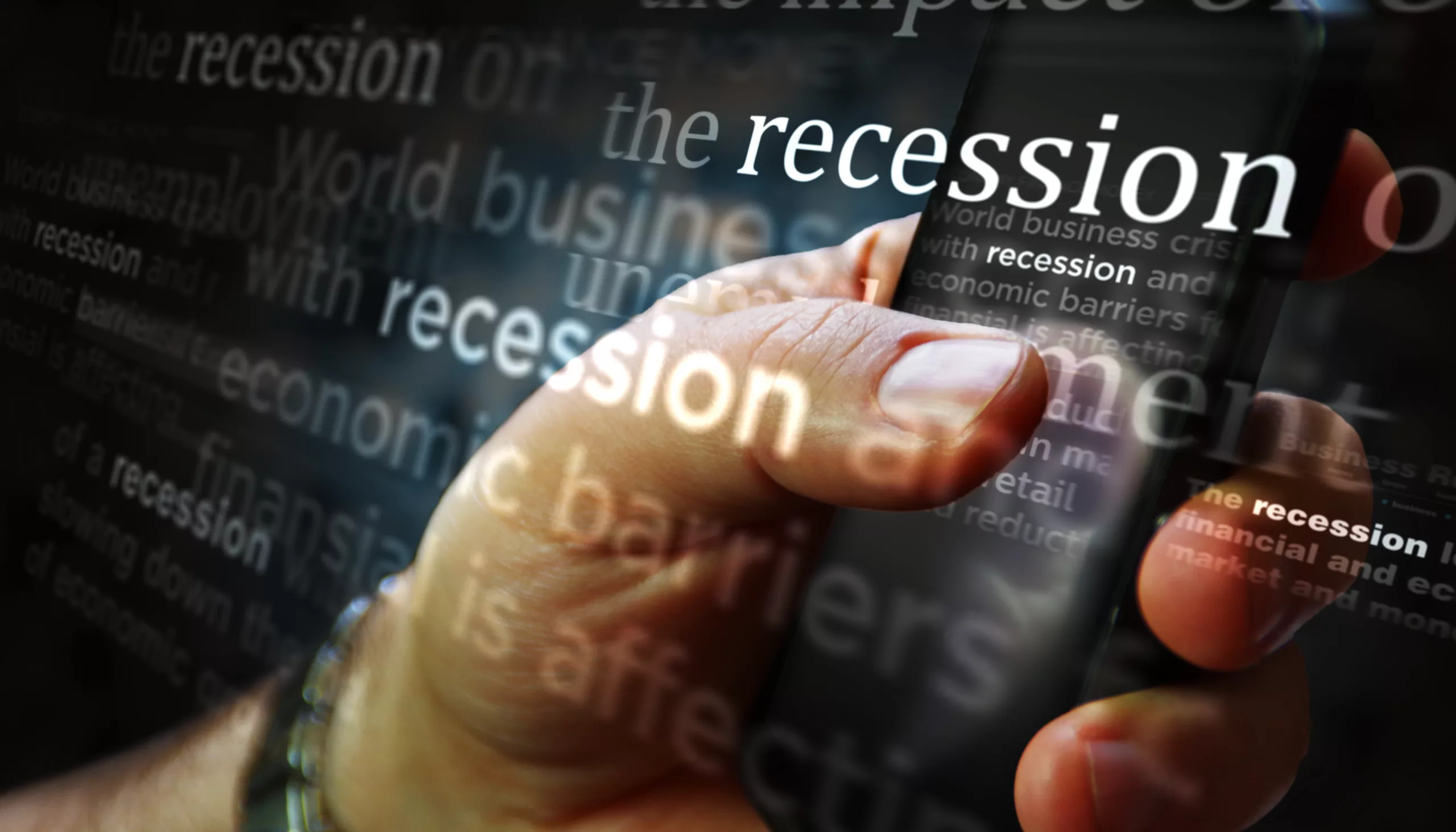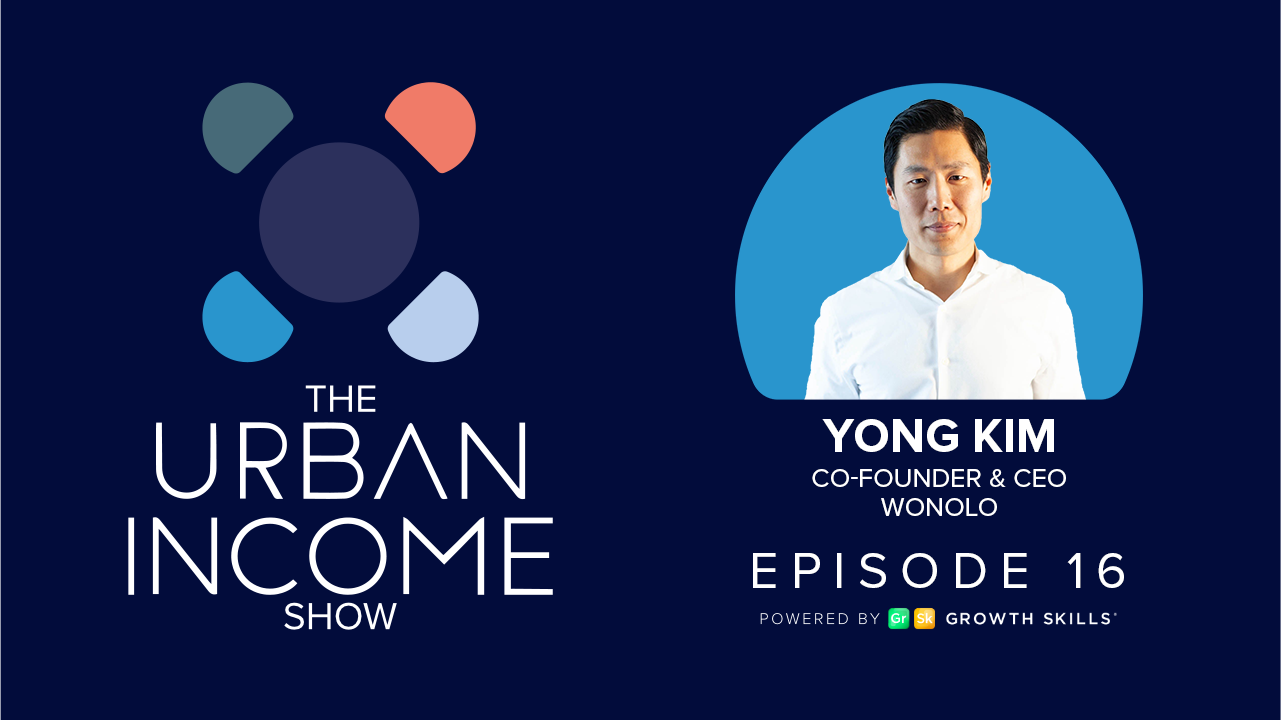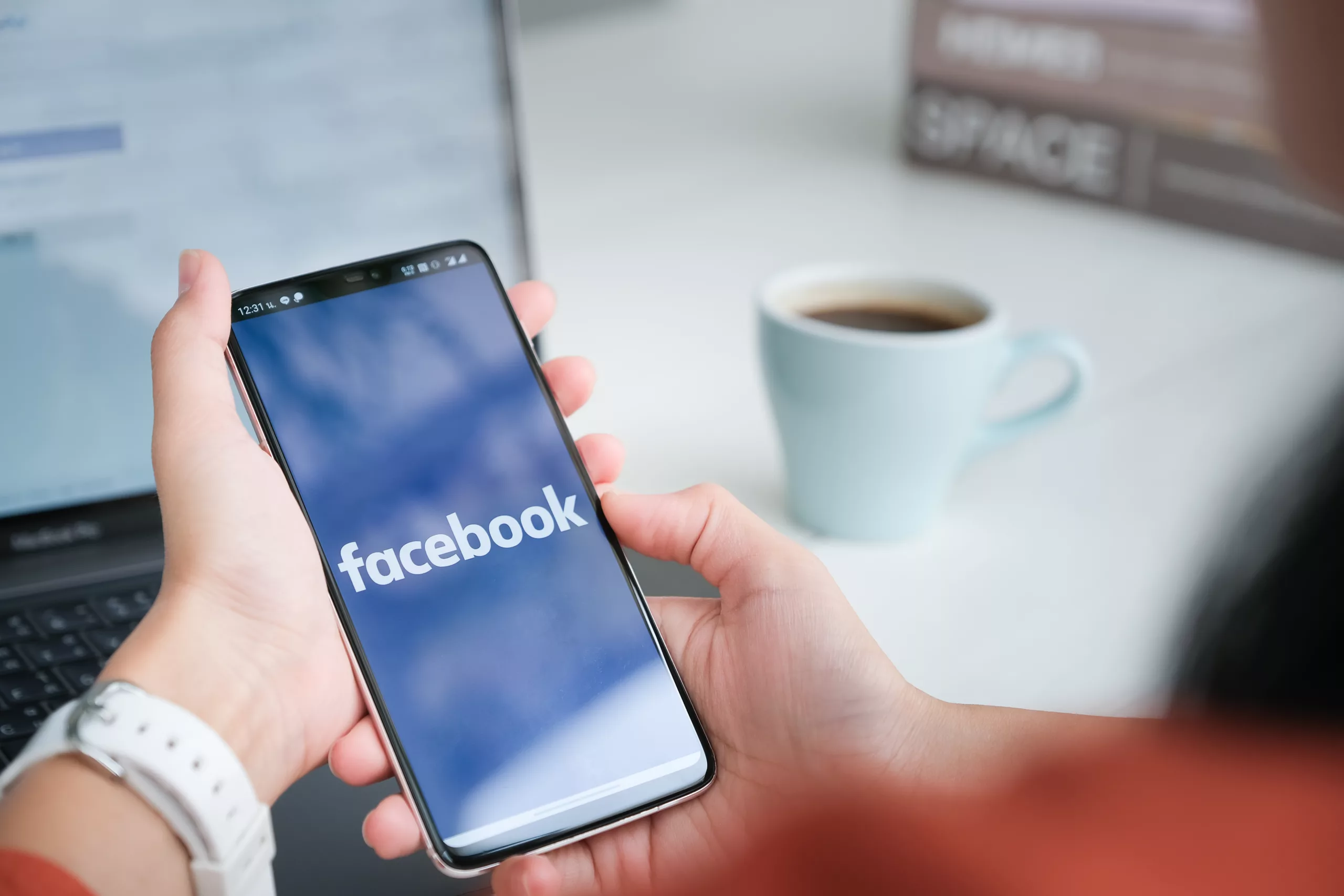ChatGPT – Is Artificial Intelligence Doing Harm or Good?
ChatGPT is the new technological craze, and perhaps for good reason. Let’s dive a little deeper into this new technology and find out how we can use it in our benefit.
What exactly is ChatGPT?
Chances are near-certain you’ve heard ‘ChatGPT’ mentioned somewhere, someplace in the months since it was first introduced in November by OpenAI, a San Francisco-based research and technology company. But chances are much slimmer that you understand what ChatGPT is.
ChatGPT (Generative Pre-Trained Transformer), put more simply, is an artificial intelligence platform that can communicate with humans in a responsive, detailed and often insightful manner.
“We’ve trained a model called ChatGPT which interacts in a conversational way,” OpenAI wrote in its Nov. 30, 2022, blog post introducing the new technology. “The dialogue format makes it possible for ChatGPT to answer follow-up questions, admit its mistakes, challenge incorrect premises, and reject inappropriate requests.”
America Online Chat and ChatGPT
If you’re a millennial, you may have grown up using AOL (America Online) chat, also known as AIM (AOL Instant Messenger).
On AIM, there was a chat bot you could communicate with named Smarter Child which was capable of answering questions, playing simple games such as hangman, doing research, and basic text communication. Now imagine Smarter Child, but decades later and exponentially more capable and, well, ‘smarter.’
The most recent iteration of the technology is ChatGPT-4, which OpenAI describes as its “most advanced system, producing safer and more useful responses” when compared to its predecessors, ChatGPT-3 and ChatGPT-2. The basic version of ChatGPT remains available and free for anyone to use.
People’s Thoughts on ChatGPT
With great power, however, comes great responsibility. And as ChatGPT is increasingly embraced by the populace, there are concerns about the technology’s potential misuse.
Sixty-five percent of Americans believe it’s “very likely” artificial intelligence programs, such as ChatGPT, will be used by students to cheat on their schoolwork, according to a Monmouth University Poll released in February.
What’s more, 72 percent of Americans believe a day will come when entire news articles – like this one, written by a human – are written by artificial intelligence. However, 78 percent of Americans believe artificial-intelligence-written news articles would be a bad thing, according to the poll results.
Overall, 46 percent of poll respondents say artificial intelligence will do equal harm and good, while 41 percent say it will do more harm than good. Only 9 percent of poll respondents said artificial intelligence would do more good than harm.
“AI has started to permeate every facet of life. Most Americans are skeptical that this is a good thing, even though many of them use some form of artificial intelligence on a regular basis already,” said Patrick Murray, director of the independent Monmouth University Polling Institute.
ChatGPT’s Impact on Business
A number of industries, organizations and companies are nonetheless embracing ChatGPT-4 to see how it can benefit their own operations.
ChatGPT and Duolingo
Duolingo, a mobile language-learning app, is utilizing the OpenAI’s technology as part of its Duolingo Max to deliver personalized lessons, tests, and more.
“We’ve spent months testing this technology with our teams and small groups of learners, and we’re impressed by the results,” the company wrote in a March 14 blog post. “Our mission has always been to bring the highest-quality education to everyone on the planet, and AI helps us do that a lot faster than if we worked alone!”
ChatGPT and Salesforce
Salesforce, one of the world’s largest customer relationship management companies which earlier this month announced $8.38 billion in Q4 revenue, is also utilizing ChatGPT-4. Salesforce will implement ChatGPT-4 for its Slack platform, a digital communication platform often used by organizations for internal communications.
“Currently in beta, the ChatGPT app for Slack provides a conversational interface powered by OpenAI’s large language models to get instant conversation summaries to stay informed, research tools to learn about any topic, and provide writing assistance to quickly draft messages,” Saleforce wrote in a March 7 blog post.
And even brands you might not first suspect are entering the ChatGPT-4 waters.
Chat GPT and Coca-Cola
Coca-Cola is partnering with OpenAI and Bain & Company, a global strategic consulting firm, to utilize ChatGPT-4 in its content creation.
“We are excited to unleash the next generation of creativity offered by this rapidly emerging technology,” said James Quincey, chairman and CEO of The Coca-Cola Company, in a Feb. 21 blog post from Bain & Company. “We see opportunities to enhance our marketing through cutting-edge AI, along with exploring ways to improve our business operations and capabilities.”
Snap Inc., the parent company of Snapchat, is also integrating ChatGPT technology into its business operations. The company recently introduced MyAI, a artificial-intelligence-powered chat bot that can assists with a range of functions.
“My AI can recommend birthday gift ideas for your BFF, plan a hiking trip for a long weekend, suggest a recipe for dinner, or even write a haiku about cheese for your cheddar-obsessed pal,” Snap Inc. wrote in a Feb. 27 release.
Medium, a popular online publishing platform, is also embracing ChatGPT as part of its content creation. All artificial intelligence-written articles, however, will be tagged accordingly for the sake of transparency, according to Medium vice president of content Scott Lamb.
“We welcome the responsible use of AI-assistive technology on Medium,” Lamb wrote in a Jan. 26 post. “To promote transparency, and help set reader expectations, we require that any story created with AI assistance be clearly labeled as such.
“We expect our approach to AI writing will change over time (as is likely for the above publications and others on Medium), and we’ll continue to communicate those changes as they come,” Lamb concluded in his post. “For now, we’d love your thoughts and feedback.”
ChatGPT’s Impact on Labor
However, as corporations, organizations and entire industries embrace ChatGPT-4 and similar artificial intelligence, many Americans are concerned about the technology’s potential impact on the labor market.
Nearly three-quarter (73 percent) of Americans believe machines with independent thinking capabilities would negatively impact jobs and the economy as a whole, according to the Monmouth University Poll.
And those concerns may indeed be well-founded, according to a recent paper published in Arvix, digital scholarly publication platform.
The paper, “GPTs are GPTs: An Early Look at the Labor Market Impact Potential of Large Language Models,” examined GPT technology’s potential impact on labor.
Approximately 19 percent of jobs have at least 50 percent of their tasks exposed to GPTs, when accounting for current and anticipated capabilities, with “higher-wage occupations generally presenting more tasks with high exposure,” the paper states.
“As capabilities continue to evolve, the impact of GPTs on the economy will likely persist and increase, posing challenges for policymakers in predicting and regulating their trajectory,” wrote the team of researchers comprised from OpenAI, the University of Pennsylvania, and OpenResearch, a nonprofit research lab chaired by Sam Altman, who also co-chairs OpenAI.
While the future of technology is uncertain, it appears ChatGPT will only become an increasingly common part of the cultural lexicon and day-to-day life. Therefore, it might be wise to familiarize yourself with the technology both from a personal and professional perspective.
And what better way to start than by striking a conversation? After all, that’s what ChatGPT was designed for.








